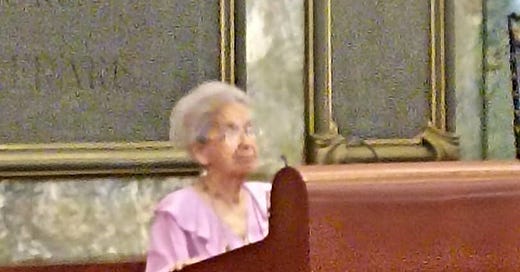The Cuban Philosophical Society held its Eleventh International Colloquium, “A Philosophy for the Emancipation, Diversity, and Life of the Planet,” from November 16 to November 18, 2022, in Havana.
The founder and president of the Society, Dr. Thalía M. Fung Riverón, Professor Emeritus at the University of Havana, welcomed the delegates in the opening ceremony, which was initiated with the singing of the Cuban national anthem. She reviewed the history of the Society, which was founded in 1983 with the intention of developing a Marxist-Leninist philosophy that responded to the conditions of the neocolonized peoples of the global South
Following the collapse of the Soviet Union and the Eastern European socialist bloc, believing that the Soviet Union had paid insufficient attention to study of the science of politics, the members of the Society committed to developing a comprehensive, interdisciplinary science of politics from the p…



